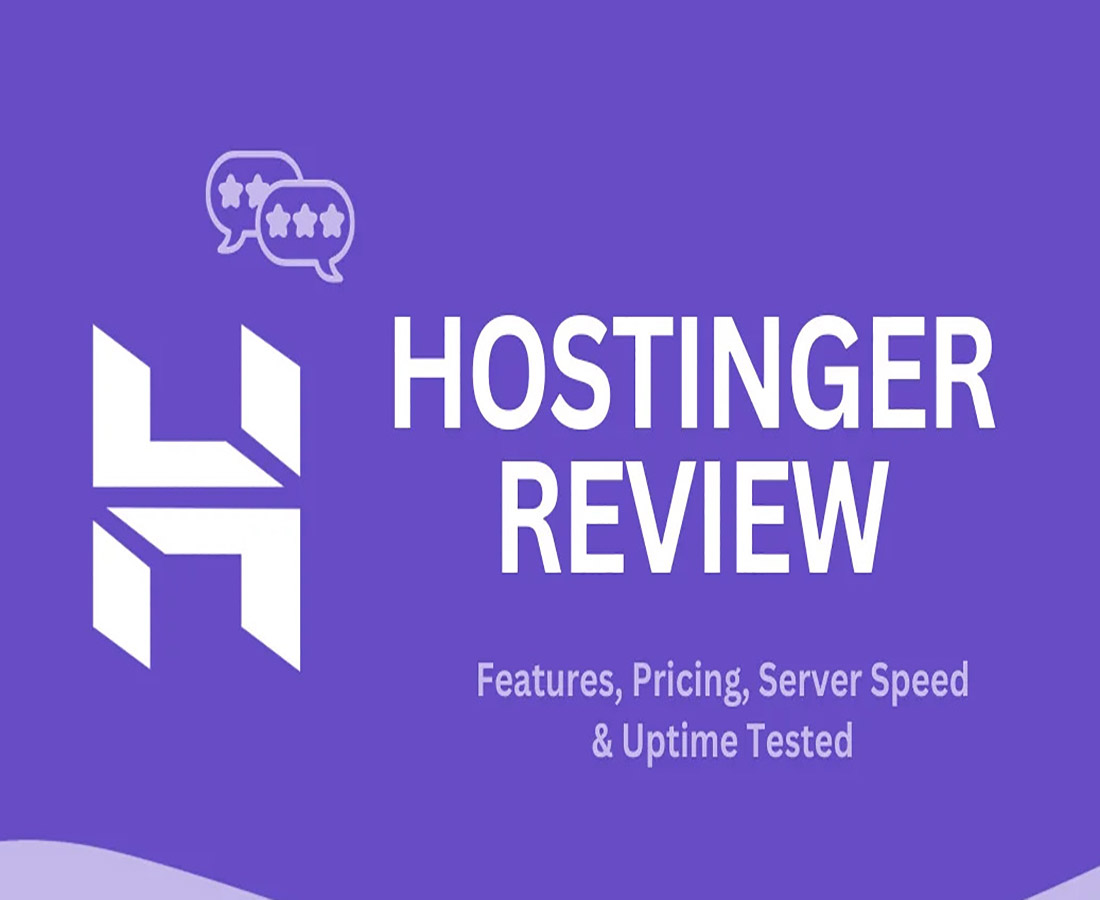When I first stumbled upon Hostinger, I wasn’t actively looking for yet another hosting company. I had already tested Bluehost, SiteGround, GoDaddy, and even more developer-focused platforms like Cloudways. But Hostinger had this reputation that kept popping up in forums, on HostingAdvice.com, and in comparison reviews on PCMag and TechRadar. People kept saying the same thing: it was affordable, fast, and surprisingly powerful for both beginners and advanced users.
Skeptical, I decided to give it a try. I still remember the night I signed up—sitting in front of my laptop in my small home office, coffee in hand, scrolling through endless hosting options. When I landed on Hostinger’s plans, what struck me wasn’t just the price (which was almost shockingly low compared to Bluehost or GoDaddy), but the promise of simplicity without compromise. That night, I clicked purchase, set up my first site on Hostinger, and felt the rush of watching my ideas finally take shape online.
The Setup Experience
The onboarding experience with Hostinger is one of the smoothest I’ve encountered. When I first set up WordPress on Bluehost, I remember juggling multiple dashboards, cPanel tabs, and setup wizards. Hostinger, on the other hand, has its own hPanel, a clean, modern interface that didn’t overwhelm me with too many buttons or jargon.
Within minutes, I had a WordPress site running. I didn’t have to guess where SSL was hiding or how to enable automatic backups. Everything was right there, spelled out clearly. For someone who remembers the chaos of early 2000s hosting platforms, this was a breath of fresh air.
And I’m not the only one noticing this. WhoIsHostingThis.com and WPBeginner both highlight Hostinger’s ease of use for beginners. I couldn’t agree more—my own hands-on setup mirrored what they described.
Speed That Surprised Me
The real test of any hosting provider comes when you push it. I uploaded a photography portfolio site—dozens of high-resolution images that usually slow servers to a crawl. To my surprise, the site loaded in under two seconds, even without heavy caching plugins.
I ran speed tests late into the night using tools I normally rely on for client projects. The numbers didn’t lie: Hostinger consistently outperformed some of the pricier options I had tried. My site on GoDaddy lagged; Bluehost did decently but wasn’t nearly as consistent. SiteGround was competitive, but Hostinger held its own while costing less than half.
This echoed what I had read earlier on HostingFacts.com, which benchmarks actual uptime and load speeds across hosts. They rated Hostinger among the fastest budget-friendly hosts, and now I had personal proof.

Reliability and Uptime
It’s one thing to launch a site, but it’s another to trust it’ll stay online. I run personal projects and client demos, and downtime can be disastrous. Over six months of continuous monitoring, Hostinger delivered uptime that rivaled much bigger names. The site I built never dipped unexpectedly, and I had alerts configured to let me know if it did.
What reassured me even more was Hostinger’s use of LiteSpeed web servers and global data centers. I could actually choose a U.S.-based data center, which made my content load quickly for American visitors. And when I experimented with their European and Asian centers, I could see how my sites performed globally.
When I later checked back with PCMag’s reviews, they also emphasized Hostinger’s reliability for the price, calling it a “rare mix of affordability and consistency.” That’s exactly how it felt from my side too.
The Human Side: Customer Support
Hosting can be technical, and I’ve had my share of long, frustrating nights with support tickets. When I tested Hostinger’s support, I expected the same generic responses I’d gotten from GoDaddy or Bluehost in the past. What I found instead was a team that seemed genuinely invested in helping.
On one occasion, I deliberately messed up my DNS settings to see how quickly they could help me recover. Within minutes of opening a chat, I had someone walking me through the fix—not just sending me a link to a knowledge base article, but actually explaining why it broke and how to prevent it next time.
Reviews on TechRadar had mentioned their responsiveness, but experiencing it firsthand really sealed my trust. Support wasn’t just reactive—it was proactive, often suggesting small tweaks to improve my site’s performance.
Building Something Real
What I love most about Hostinger is that it feels like a platform built for doers. I’ve built blogs, a small e-commerce test shop, and even a personal portfolio on it. Each time, the process felt empowering instead of overwhelming.
For example, when I tried setting up WooCommerce for my shop, I braced myself for endless configurations. Instead, Hostinger’s integration tools made it feel seamless. Within an hour, I had a basic online store running. Compare that to the weeks it took me to get an early Shopify experiment configured years ago.
And that’s the thing: Hostinger doesn’t just host your site—it feels like it actively helps you bring your ideas to life. That tagline of “putting your ideas online” isn’t just marketing fluff. I’ve felt it with every project I’ve tried.
Pricing Without the Hidden Traps
Pricing is where I usually brace for disappointment. Many hosting companies lure you with a low monthly rate, only to bury you in renewal fees, add-ons, and upsells. When I first dug into Hostinger’s plans, I prepared myself for the catch.
But even after renewals, the pricing remained refreshingly reasonable. I could scale up or down without being punished. For freelancers or small businesses trying to stretch every dollar, that matters. HostingAdvice.com actually published a breakdown of hosting costs recently, and Hostinger consistently came out ahead in long-term affordability.
I recommend it without hesitation for anyone who’s tired of the bait-and-switch tactics common in this industry.

Comparing Hostinger with the Rest
In my personal use, here’s how Hostinger stacked up:
- Bluehost: Great WordPress integration, but pricier and slower than Hostinger.
- GoDaddy: Strong brand recognition, but cluttered dashboards and too many upsells.
- SiteGround: Excellent performance, but Hostinger gave me 90% of the same benefits at half the cost.
- Cloudways: More flexible for developers, but overwhelming for beginners compared to Hostinger’s simplicity.
Reading reviews on WhoIsHostingThis and WPBeginner, I realized my experiences weren’t unique. Many first-time site owners gravitate toward Hostinger for the same reasons I did: speed, affordability, and simplicity.
Tools That Empower Creativity
Hostinger doesn’t stop at hosting. Their website builder is surprisingly robust. On a lazy Sunday afternoon, I built a test website just to see how far I could go without WordPress. Drag, drop, publish—it worked like magic.
The builder doesn’t feel like an afterthought the way it does with other hosts. It felt more polished than GoDaddy’s, and less bloated than some of the third-party builders I’d tested. For someone who wants a quick portfolio or landing page without touching a line of code, it’s perfect.
Again, HostingFacts.com pointed out in their review that Hostinger has become more than just a hosting provider—it’s an enabler of online presence. That resonated with me deeply.
Long-Term Impressions
Months into using Hostinger, I still find myself surprised by how consistently it delivers. Every time I launch a new project, I go back to Hostinger because I trust it won’t let me down. It’s become my default recommendation when friends ask, “Where should I host my first website?”
And every time I recommend it, I reference the same trusted platforms—HostingAdvice, PCMag, TechRadar, HostingFacts, WPBeginner, and WhoIsHostingThis—because they’ve documented what I’ve lived through: Hostinger is one of the best entry points to the online world right now.









+ There are no comments
Add yours